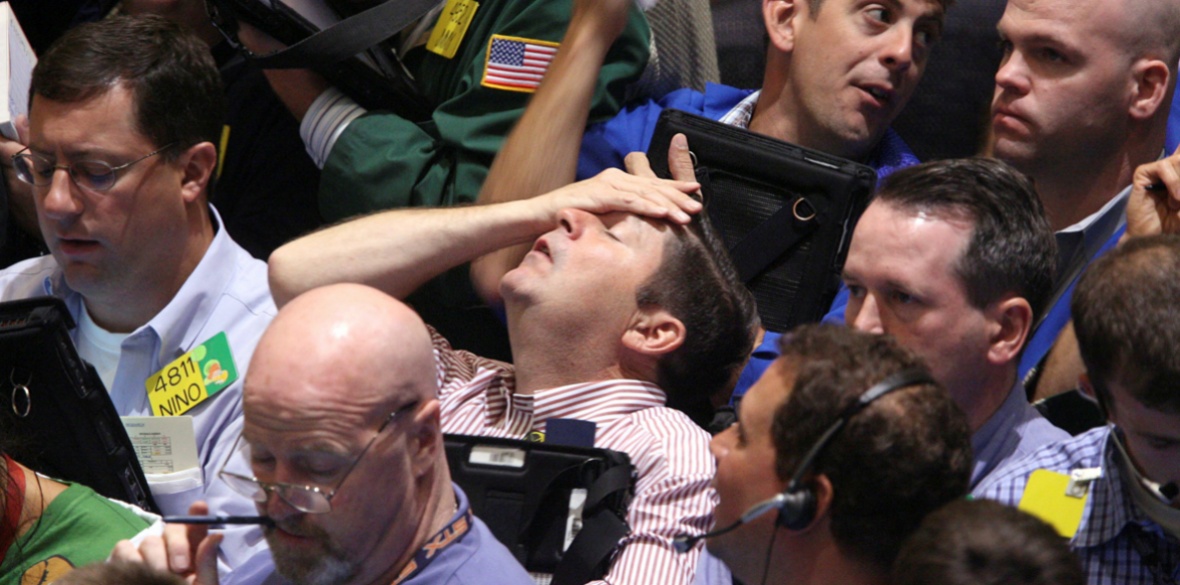This is the last article you can read this month
You can read more article this month
You can read more articles this month
Sorry your limit is up for this month
Reset on:
Please help support the Morning Star by subscribing here
IT IS 10 years since the demise of Lehman Brothers caused a worldwide financial crisis, the impact of which is still being felt today.
The anniversary is being widely marked but only within a very narrow framework of analysis.
The late historian Eric Hobsbawm argued at a meeting of the Communist Party Historians Group in the 1950s that they “must become historians of the present too.”
That is, historians should be able to provide a historical context which will help understanding of what happens in the current day.
Many will think that Hobsbawm was a much better historian than he was political analyst, and it remains to be seen whether his Forward March of Labour Halted will be seen over time as much more than an intellectual apologia for the rise of New Labour.
Even so, Hobsbawm had a very good point when it comes to histories of the present. In the 24-hour news cycle, fed by the soundbite, there is little room for analysis, let alone context.
Gordon Brown was prime minister when Lehman Brothers went under and before that he had been the New Labour chancellor since 1997.
He set the Bank of England free from direct government control and focused on a Labour policy that was pro-market capitalism.
He claimed that his economic policy had moved beyond the boom and bust cycle that is inherent in capitalism. Clearly Brown had read even less of Marx’s Capital than Harold Wilson apparently managed.
2008 underlined big time that Brown most certainly had not abolished bust. He acted to shore up the capitalist system, and it is worth reflecting that while he had some success in preventing a total collapse, the then Tory opposition led by David Cameron and George Osborne offered no ideas whatsoever about what might be done to sort out the crisis.
Of course by 2010 they had had an idea of sorts. They still did not know how to address the fallout from Lehmans but they were determined that their class was not going to pay for it. A policy of austerity was introduced, with the assistance of the Liberal Democrats in a coalition government.
The plan was simple. Market capitalism and market capitalists had suffered a near catastrophic crisis, largely due to their own greed and, in some cases, stupidity. Yet they were not going to pay for it either in corporate or personal terms.
On the contrary, those who had had absolutely nothing to do with the crisis, the working class, were going to pay through relentless cuts to public services.
All this may seem fairly obvious to Star readers.
However, if we return to the issue of writing a history of the present, this will not be the story that is played out in the media over the next few weeks.
Accounts there will be a plenty of what took place 10 years ago but most will be firmly on the basis that it was an aberration in the way the free market works and that there is of course no alternative to that system.
John McDonnell has retweeted his Guardian article of 2008 where he laid out some ways of attempting to at least control the market, points he enlarged upon in his recent speech to the TUC, but that is not the dominant narrative, yet.
We might also reflect, as Tony Benn did in his diary at the time, that 2008 was also the time when a New Labour government had to do something that it was in principle ideologically opposed to — namely, nationalise large parts of the British banking system.









